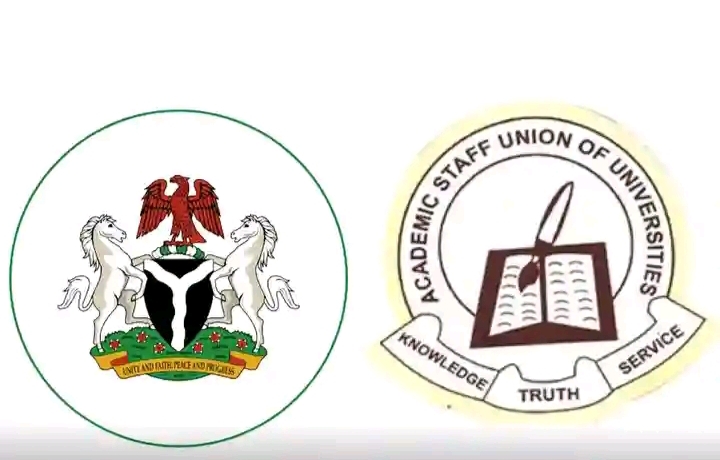In a bid to address the long-standing grievances of the Academic Staff Union of Universities (ASUU), the Federal Government of Nigeria, through the Federal Ministry of Education, has taken a significant step by forming a sub-committee tasked with evaluating and addressing the union’s demands. This development emerged from a critical closed-door meeting held at the Ministry of Education’s headquarters in Abuja on Wednesday, August 28, 2024.
The meeting, which lasted two and a half hours, brought together key stakeholders, including ASUU leadership, the Minister of Education, Tahir Mamman, and other senior officials from the ministry. The high-level discussions underscored the urgency of resolving the lingering issues that have plagued Nigeria’s public university system for years.
In his remarks following the meeting, Minister Tahir Mamman announced the formation of a sub-committee specifically designed to delve into ASUU’s demands and address any unresolved matters. The minister emphasized that this move is part of the government’s broader commitment to ensuring a sustainable and functional university system in Nigeria. The subcommittee’s mandate includes not only evaluating ASUU’s demands but also proposing actionable solutions that could be implemented swiftly.
ASUU President, Prof. Emmanuel Osodeke, expressed cautious optimism after the meeting, signaling a potential breakthrough in the protracted negotiations. Prof. Osodeke stressed the importance of resolving these issues not only for the benefit of the university staff but more critically for the welfare of Nigerian students, who have borne the brunt of the numerous disruptions caused by ASUU strikes.
“We are hopeful that by the time we reconvene on September 6, 2024, substantial progress will have been made. Our goal remains the revitalization of the Nigerian university system, and we are ready to work with the government to achieve this,” Osodeke stated.
The demands laid out by ASUU are comprehensive and touch on various aspects of the Nigerian university system. Central to these demands is the call for a complete overhaul of the university system to align it with global standards. ASUU has been vocal about the need for improved infrastructure within universities, which includes not just physical facilities but also the tools and resources necessary for effective teaching and research.
Academic freedom remains a cornerstone of ASUU’s demands, with the union advocating for the protection of lecturers and researchers from undue interference. Sustainable funding is another critical issue, with ASUU pushing for more consistent and adequate financial support to ensure that universities can operate effectively without the constant threat of strikes.
Furthermore, the union is demanding the release of revitalization funds that have been promised in previous agreements but remain unfulfilled. These funds are seen as essential to the rejuvenation of the university system. ASUU is also pressing for the renegotiation of existing agreements to reflect current realities and the immediate release of earned allowances owed to lecturers, which have been a major point of contention in past disputes.
As the clock ticks towards the September 6, 2024, deadline for the next meeting, the entire nation watches with bated breath. The outcome of the upcoming discussions could set the tone for the future of higher education in Nigeria. For many, the hope is that the government and ASUU will find common ground, putting an end to the cycle of strikes and disruptions that have plagued the university system for years.
In the meantime, the newly established sub-committee has a crucial task ahead—one that requires not just technical expertise but also a deep understanding of the systemic challenges facing Nigerian universities. Whether this move will lead to a lasting resolution or merely another temporary fix remains to be seen. However, there is a palpable sense of urgency and cautious optimism as both parties prepare to reconvene.
As the narrative unfolds, it is clear that the stakes are high, not just for ASUU and the government but for the millions of students whose academic futures hang in the balance. The coming weeks will be critical in determining whether the Nigerian university system can finally achieve the stability and progress it so desperately needs.




